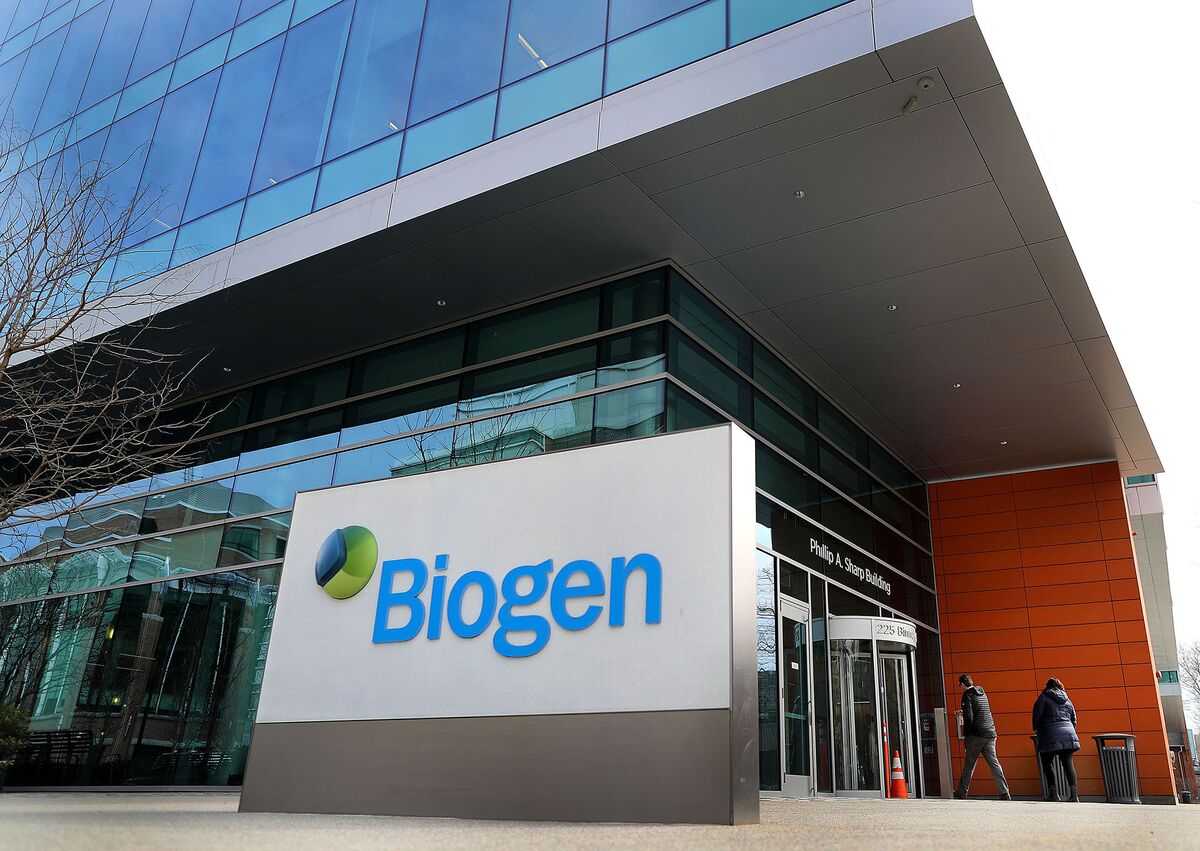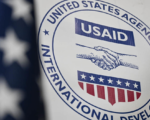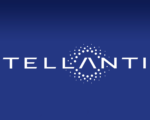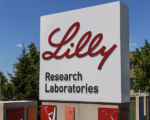Biogen reported second-quarter earnings and revenue that exceeded estimates, leading to an increase in the company’s full-year guidance. The improved outlook is attributed to the successful implementation of cost-cutting measures and stronger-than-expected sales of the Alzheimer’s drug Leqembi and other new products. Biogen now projects full-year adjusted earnings to be between $15.75 and $16.25 per share, up from the previous forecast of $15 to $16 per share.
Despite expecting a slight decline in 2024 sales, Biogen is optimistic about its growth prospects. Leqembi, developed in partnership with Eisai, has shown promising sales figures, generating approximately $40 million in Q2, surpassing the $31 million expected by analysts. This is a significant increase from the $10 million in sales reported last year. However, Leqembi faces regulatory challenges in Europe due to concerns about brain swelling and bleeding risks, which Biogen is currently addressing.
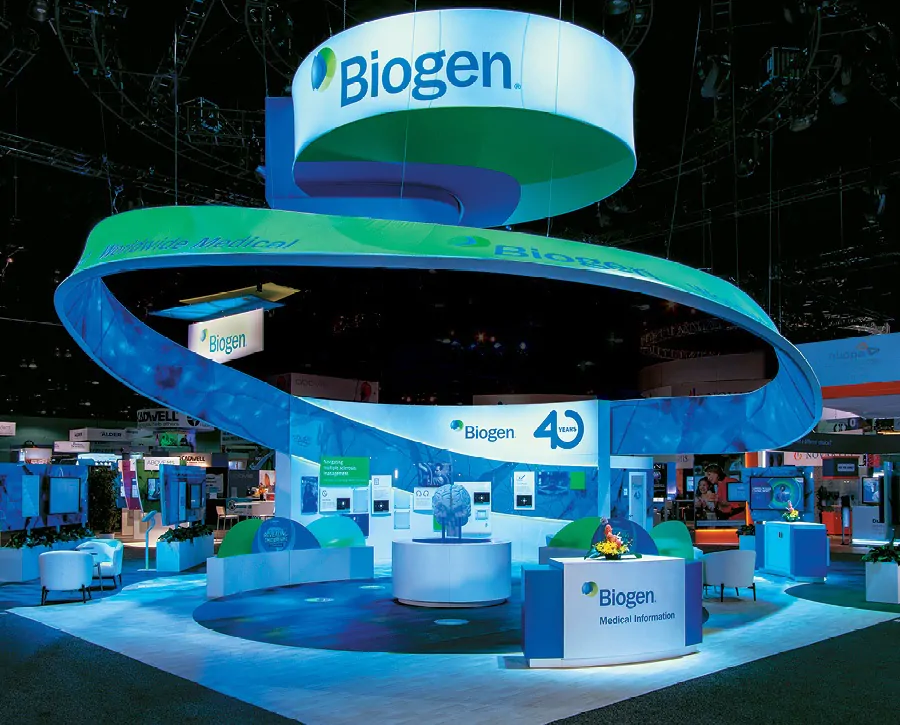
CEO Chris Viehbacher expressed confidence in the company’s new product launches, noting that all are performing in line with or ahead of expectations. Biogen aims to achieve $1 billion in gross cost savings by 2025, with $800 million in net savings. These savings will allow the company to reinvest in new product launches and essential research and development projects.
In addition to Leqembi, Biogen’s acquisition of Reata Pharmaceuticals has brought Skyclarys into its portfolio, which reported $100 million in Q2 sales, exceeding the $92.3 million anticipated by analysts. Skyclarys, approved by the FDA last year, is the first treatment for Friedreich’s ataxia. The company plans to market Skyclarys in 20 countries by the end of the year.
Zurzuvae, the first oral treatment for postpartum depression, also performed well, with Q2 sales of $14.9 million, beating the expected $11 million. However, Biogen’s multiple sclerosis treatments saw a 5% decline in sales, totaling $1.15 billion, due to competition from generics. Despite this, some treatments, like Tecfidera, managed to generate higher-than-expected revenue.


